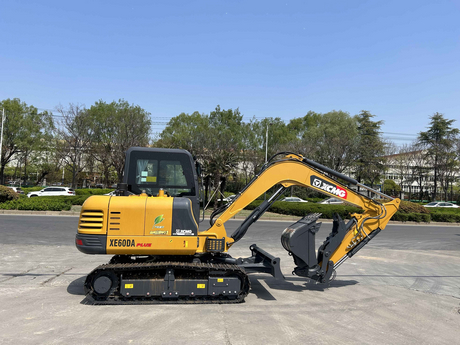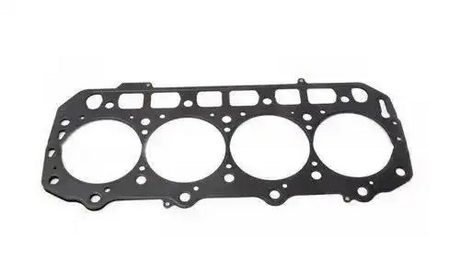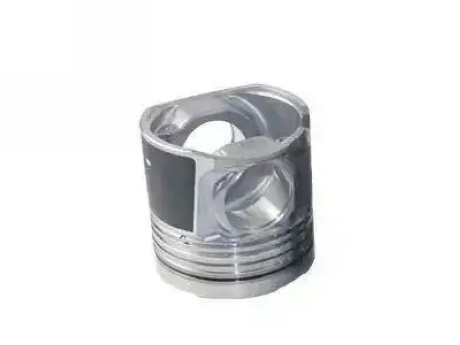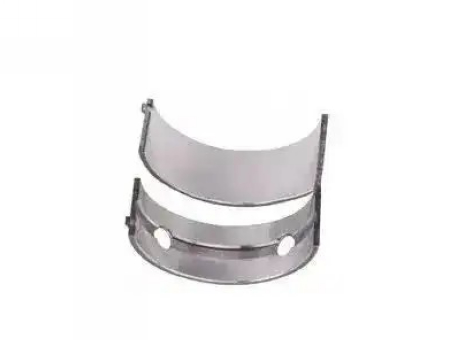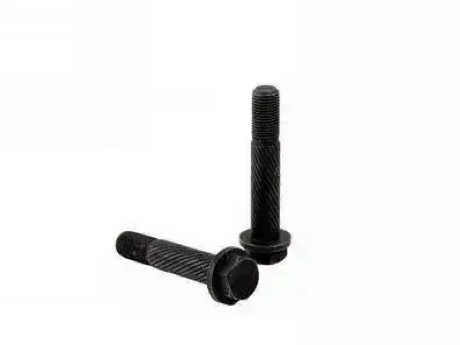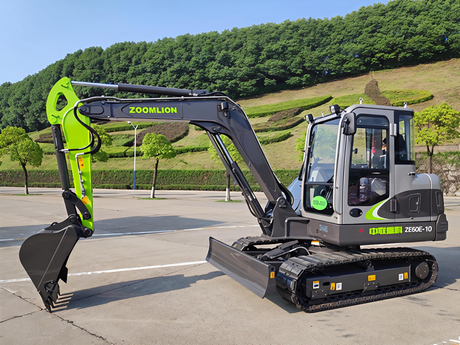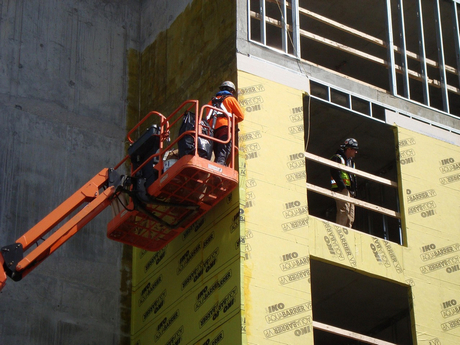|
1. Prohibit the abuse of grease in the cylinder gasket In the maintenance of construction machinery, grease is a common lubricating material, but its use should be careful. Especially in the installation of cylinder gasket, grease seems to enhance the seal, but it is counterproductive. Grease is easily lost under high temperature and pressure, not only contaminating the cooling and lubrication system, but also flowing into the combustion chamber, leading to the formation of gaps between the cylinder gasket and the body, exacerbating wear and air leakage, and even contributing to the aging of the cylinder gasket. Therefore, the installation of the cylinder gasket should be kept clean, and forbidden to smear butter.
2. Neglecting to select the cylinder liner and piston Replacement of the cylinder liner and piston, can not be directly installed, because the new parts also have a tolerance range. If randomly matched, easy to leads to excessive clearance, affecting the compression effect, and starting difficulties. Be sure to check the size of the group code to ensure that the cylinder liner and piston match precision, while checking the cylinder plug clearance to prevent the mixing of counterfeit and shoddy products, affecting the overall performance. 3. Neglecting to check the plunger stroke allowance When debugging the injection pump, the plunger stroke margin is an important parameter. It reflects the wear and tear of the plunger and sleeve, and directly affects the oil supply time. If this check is ignored, it may lead to inaccurate oil supply, affecting engine performance. Therefore, maintenance should first confirm the stroke margin, and according to the pump structure choose the appropriate method of measurement to ensure that the injection pump is in the best condition. 4. The cylinder gap measurement is not standardized Measurement of cylinder clearance and the direction of choice is critical. Because of the special structure of the aluminum alloy piston, it is necessary to measure along the direction of the long axis of the ellipse (i.e., perpendicular to the direction of the piston pinhole) to obtain accurate values. This direction is subject to lateral pressure and obvious wear, so the measurement results are more reference value.
5. Hazards of heating the piston with an open flame Installation of the piston pin needs to make the piston thermal expansion, but open flame heating is never desirable. Open-flame heating is easy to lead to uneven heating and deformation of the piston, and the surface is easy to adhere to the charcoal ash, reducing the service life. The correct method is to put the piston in the hot oil and evenly heated to ensure uniform expansion, to avoid thermal stress damage.
6. The disadvantages of abrasive cloth grinding axle shaft tile The practice of sanding the axle tile to increase the contact area is extremely undesirable. Cloth abrasive particles easily embedded in the alloy of the axle tile, accelerate journal wear, and shorten the life of the crankshaft. Although it is difficult to scrape the tile, but should adhere to the correct method to ensure that the tile and the crankshaft with a good fit.
7. Excessive bolt tightening Engineering machinery bolt tightening torque has strict provisions, and can not be changed arbitrarily. Over-tightening is easy to lead to bolt fracture or thread slip buckle, triggering failure. Should be operated in strict accordance with the requirements of the manual to ensure that all parts of the tightening of the right degree.
8. Oil only add not change the misunderstanding Oil in the diesel engine lubrication, cooling, cleaning and other multiple roles, but its quality also needs to be checked regularly. Only supplemental oil without replacing the deterioration of oil, will lead to engine moving parts in a poor lubrication environment, and accelerated wear. Regularly check the oil quality, and timely replacement of deteriorated oil, to protect the engine performance and life. In short, construction machinery repair and maintenance need to follow professional norms, to avoid the above eight taboos, to ensure stable equipment performance and extend service life.
|











